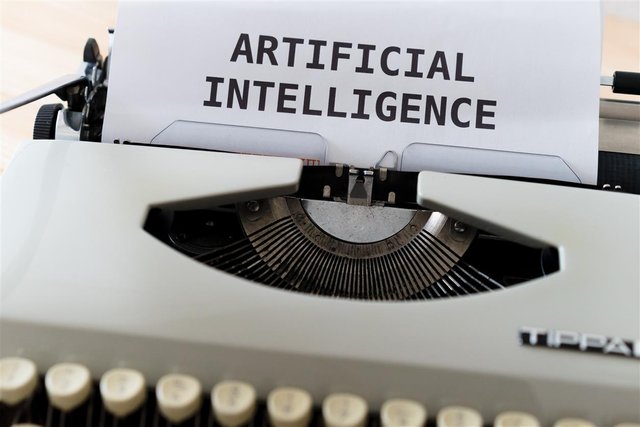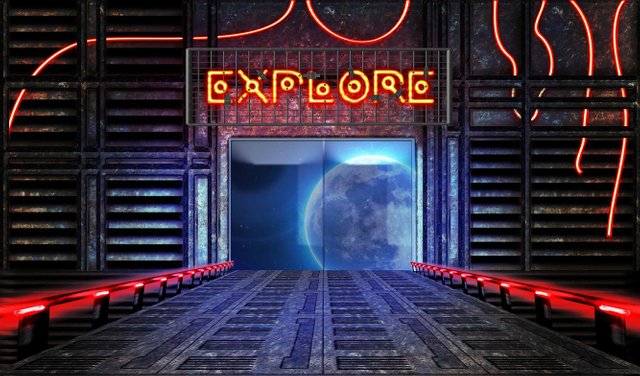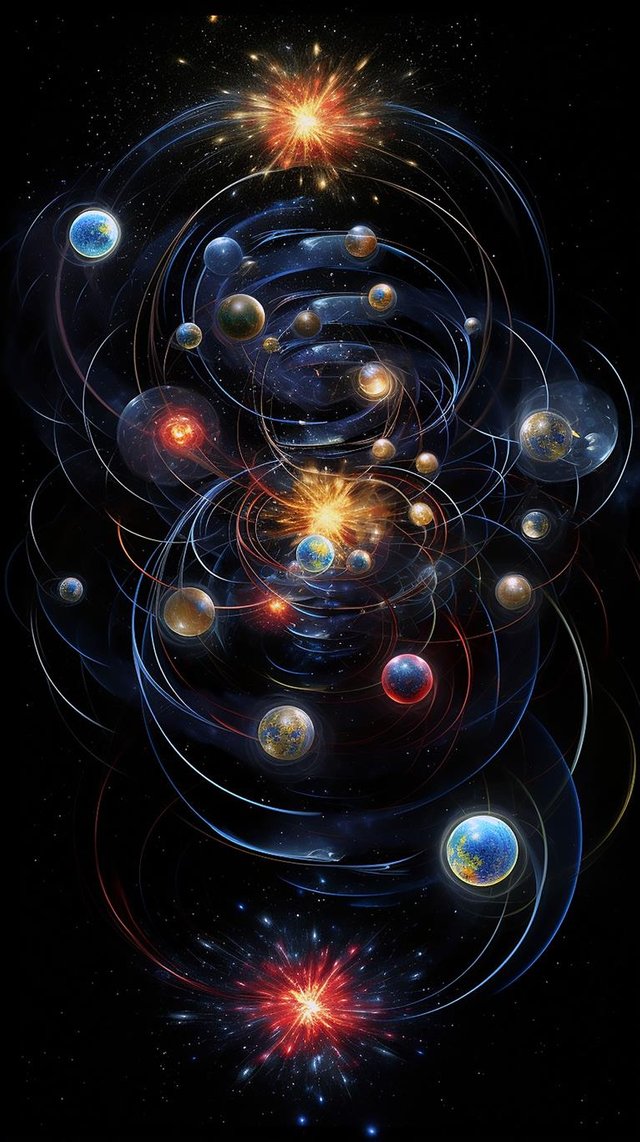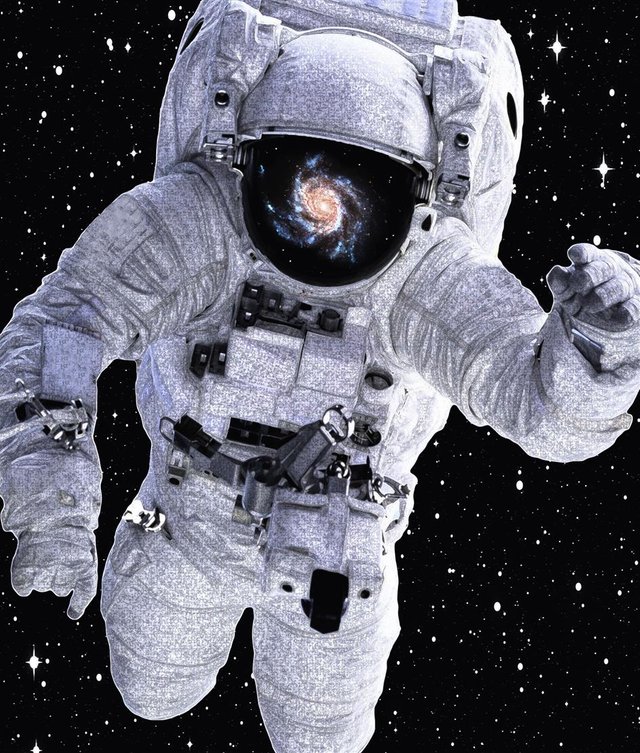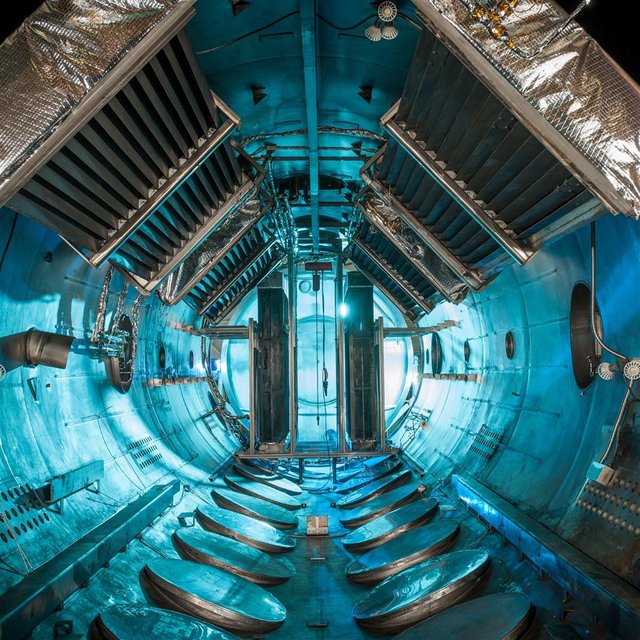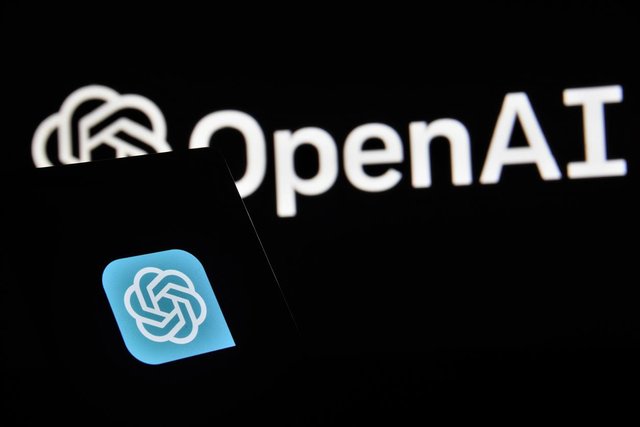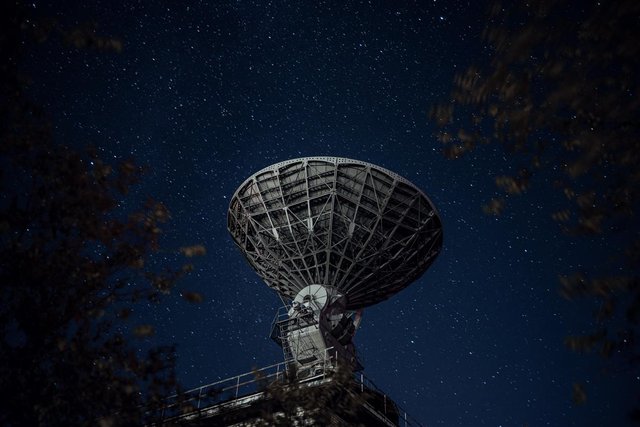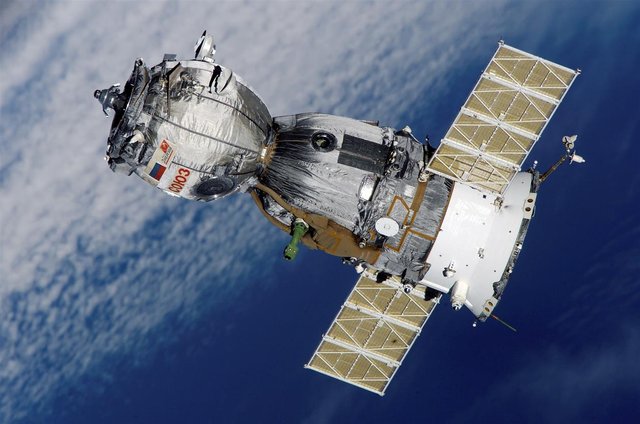AI in Space Exploration: Predicting Cosmic Events and Assisting in Interstellar Travel
The creativity of humans has always been captured by space exploration. The vastness of the cosmos, with its countless stars and galaxies, has been a source of wonder and curiosity for centuries. In recent years, advancements in artificial intelligence (AI) have revolutionized our understanding of space and opened up new possibilities for exploration. AI is now playing a crucial role in predicting cosmic events and assisting in interstellar travel, making it an indispensable tool for future space missions.
One of the most significant contributions of AI in space exploration is its ability to predict cosmic events. By analyzing vast amounts of data collected from telescopes and satellites, AI algorithms can identify patterns and trends that humans might miss. This predictive power allows scientists to anticipate celestial phenomena such as supernovae, asteroid collisions, and solar flares. With this information, space agencies can plan missions more effectively, ensuring the safety of astronauts and spacecraft.
Moreover, AI is instrumental in assisting interstellar travel. The vast distances between stars pose a significant challenge for space exploration. However, AI algorithms can help navigate these cosmic highways by optimizing spacecraft trajectories and minimizing travel time. By analyzing gravitational fields and cosmic radiation patterns, AI can chart the most efficient routes for interstellar travel. This not only saves time but also reduces fuel consumption, making long-duration space missions more feasible.
The benefits of AI in space exploration extend beyond prediction and navigation. AI-powered robots and rovers are being deployed on distant planets and moons, enabling us to gather valuable data without risking human lives. These autonomous machines can analyze soil samples, search for signs of life, and even repair spacecraft. With AI at their core, these robotic explorers are expanding our understanding of the universe and paving the way for future human missions.
Critics argue that relying too heavily on AI in space exploration diminishes the role of human ingenuity and intuition. However, AI is not meant to replace humans but to augment our capabilities. By automating repetitive tasks and processing vast amounts of data, AI frees up human scientists and engineers to focus on more complex and creative endeavors. It is a partnership between humans and machines that will propel us further into the cosmos.
The potential of AI in space exploration is immense, but it is not without challenges. Ensuring the reliability and safety of AI systems is of utmost importance. Rigorous testing and validation procedures must be in place to minimize the risk of errors or malfunctions. Additionally, ethical considerations surrounding AI in space exploration need to be addressed. As we venture into the unknown, we must ensure that AI is used responsibly and in accordance with our values.
In conclusion, AI is revolutionizing space exploration by predicting cosmic events and assisting in interstellar travel. Its predictive power and navigational capabilities make it an indispensable tool for future space missions. By leveraging AI, we can unlock the mysteries of the universe and expand our horizons like never before. As we embark on this cosmic journey, let us embrace the partnership between humans and machines, working together to explore the final frontier.

